Every individual must know the effects of bullying on mental health before doing it to anyone. Youth and children who experience bullying can suffer from serious mental health issues. Children and teens can easily show signs of mental distress and bullying behavior when parents, teachers, coaches, and other adults serving them are present.
The researchers suggest that bullied children and youth are experiencing the effects of bullying on mental health and are at a greater risk of experiencing depression, anxiety and low self-esteem in the future than those who have not been bullied. Bullied children and youth also have a greater likelihood of feeling lonely and avoiding school. Bullying can be prevented or addressed in many ways by parents and youth-serving adults.
In the same study, researchers discovered that children and youth who bully others are more likely to engage in antisocial behaviors such as substance abuse and aggressive behavior over the long term. Bullying behavior can manifest as physical or verbal fights or blaming others for a child’s problems, as well as other warning signs parents should pay attention to.
The psychological effects of bullying can also be experienced by bystanders. Regardless of their support for the bully or the target of bullying, students who witnessed bullying at school had higher levels of anxiety and depression. The stress that bystanders experience may be caused by fears of retaliation or by wishing they intervened, but not doing so.
The point is to talk to your child’s parent, trusted adult, or teacher when you notice that he or she is withdrawn, depressed, anxious, avoids activities that they used to enjoy, or is bullying someone. A professional social worker, counselor, physician, or psychologist may be able to assist parents in identifying protective strategies and addressing bullying-related issues.
Schools and community organizations can also work with them on implementing bullying prevention strategies or dealing with specific bullying issues. A positive trajectory at school, with friends, and in personal development can be maintained by addressing bullying and related mental health concerns early on.
Related: Types of Bullying and Its Impact
Impact of Bullying
A child who possesses a physical or social advantage over another acts aggressively towards that child when bullying them.
Short-term effects
Bullying can have the following short-term effects:
- Anxiety
- Depression
- Low self-esteem
- Difficulty sleeping
- Self-harm or suicidal thoughts
The child may seem to have “gotten over” these experiences over time, but that is not the case. The prevalence of mental health problems among adults who have experienced bullying is on the rise.
Long-term effects
When a child grows up, bullying still affects him or her. There is evidence that children who are bullied as children are more likely to suffer from mental health disorders.
- Generalized anxiety
- Panic disorder
- Agoraphobia
- Depression
- Loneliness
- School avoidance
Read: 17 Signs of Materialistic Person
Effects of bullying on mental health
Bullying hurts more than the victim. Bullying makes young people more aggressive and prone to act out in other ways.
Additionally, they are more likely to develop antisocial personality disorder as adults and to feel less optimistic about the future.
The most struggling adults are those who have both been bullied and have been bullied.
The most common conditions such as anxiety, depression, schizophrenia, and substance abuse are observed in these children.
Responding to bullying
There is no reason for bullying to lead to poor mental health. It may be possible to stop bullying if adults begin to observe bullying and offer guidance to children.
There are many types of bullying. They include:
- Physical: Hitting, kicking, punching, etc.
- Verbal: Name-calling, teasing, threatening
- Social: Exclusion, rumors, encouraging other bullies
- Virtual: Posting untrue things online, sending threats
These things may happen from time to time, but not always. Bullying is often the result of children being left alone with each other when adults leave.
The effects of bullying are more easily spotted, such as a child who doesn’t want to attend a school or doesn’t talk to his or her friends. It is also possible for bullied children to display physical symptoms such as fatigue, headaches or dietary changes.
Read: Schizotypal Personality Disorder
Loss of self-confidence
Bullying can lead to a loss of confidence in children and teens. It is common for kids to feel inferior to the bully in a particular sport. Many of them may feel that they aren’t even qualified to participate in certain activities. Self-confidence issues can cause other problems in life.
Increased self-criticism
Bullied children often criticize themselves harshly. is possible that they have heard the bully’s negative statements so many times that they start to believe them. It is possible that they might start to feel bad about something they can’t change, such as the color of their hair, the color of their skin, or the height of their body.
It is also possible that the bully may further embarrass them through the events or behaviors they engage in.
Increased self-isolation
It is common for bullied children to isolate themselves from their peers, family, and friends in order to feel better about themselves. If they aren’t at school, they might spend most of their time in their rooms. School may not be a priority for them.
Bullying can have a negative impact on both victims and perpetrators.
It is more likely that bullied children will get into physical fights and verbal altercations, and they will also take less responsibility for their actions. Furthermore, antisocial behaviors are more likely to develop in children who bully others. The list includes significant academic difficulties, substance addictions, and aggressive behavior.
Starting a conversation about bullying
It is important to intervene without waiting for the child to express his or her concerns. You can start the conversation by asking them if anyone at school makes them feel uncomfortable.
Whenever a child is bullied, it can be difficult to know what to do.
Ask questions without being afraid. Discover which adults at school the child trusts. You might be able to help stop the bullying if you ask the child for suggestions.
Also, discuss healthy responses with them. Consider a glib response such as “just walk away” instead, and approach the child with this brainstorm: How can they feel safe and strong in the face of the bully?
Kids like to come back with a snappy retort to bullies. Some like to hide at friends’ lunch tables. It isn’t necessary for the child to be good friends with everyone – one good friend may be enough to keep them going.
Children’s mental health greatly benefits from having a safe space where they can speak. This can mean the difference between feeling alone and knowing you have someone on your side when you’re being bullied.
Read: What is a Toxic Relationship
Strategies to prevent bullying
Despite U.S. schools being required to implement bullying prevention programs, one in five students report being bullied. A further 41% of students think it will happen again if they are bullied.
There is no prevention program that breaks through this barrier because children live in worlds that are largely invisible to adults. It doesn’t work to use punishments as a strategy, nor does it work to make the children “work it out” among themselves.
Positive school climates: By encouraging the mental and emotional health of every student and building strong relationships among students, a school’s bullying rate declines. Teachers are also given the necessary resources to combat bullying in their classrooms.
Social and emotional learning programs: Young people must learn how to regulate their emotions and behaviors. Students benefit from social and emotional learning programs when they learn to understand their feelings and express themselves positively.
Open communication at home: Children won’t disclose the information if they don’t feel emotionally safe, and adults can’t intervene when they don’t know what is happening. Parental support is essential so that children know they can seek assistance if bullying occurs.
The ability to manage is still developing in children. The help of adults is necessary for them to navigate their social world, whether that involves direct intervention or just offering them the support they need. This may seem insignificant now, but it can have a profound effect on their mental health.
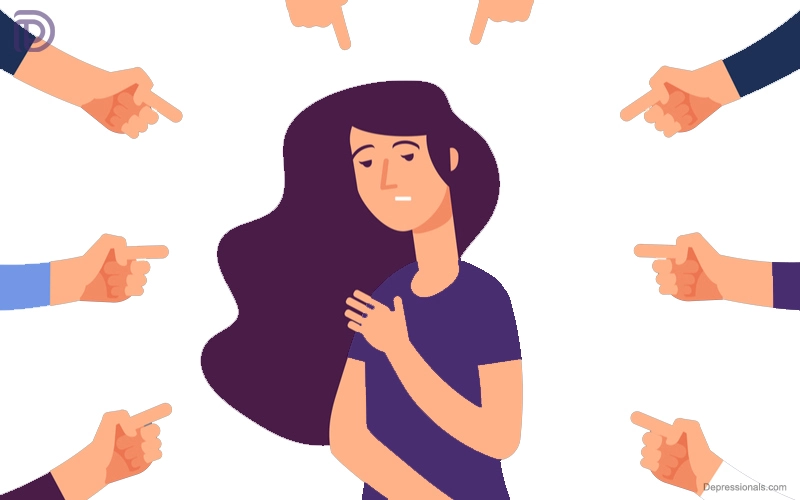
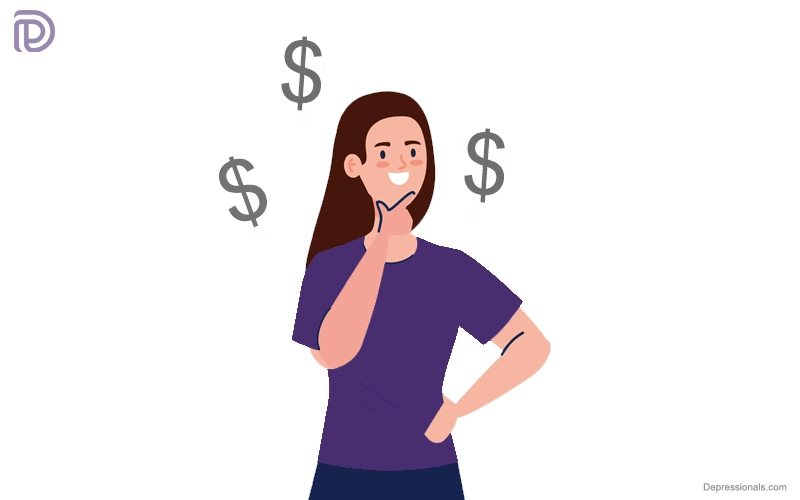
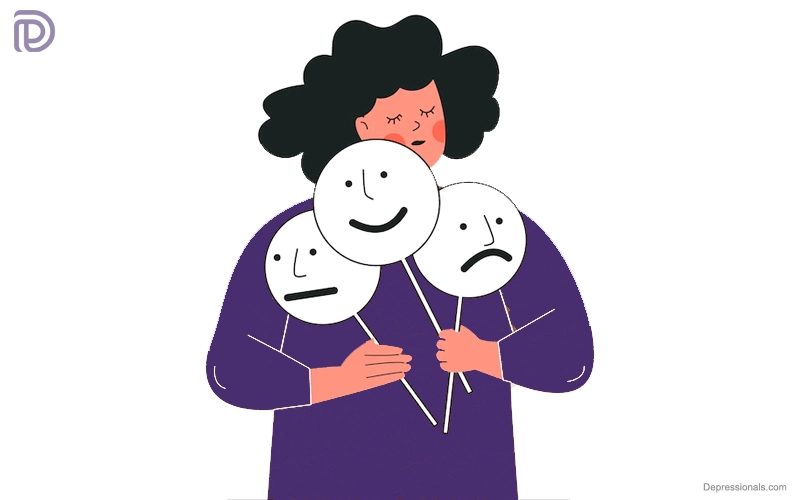
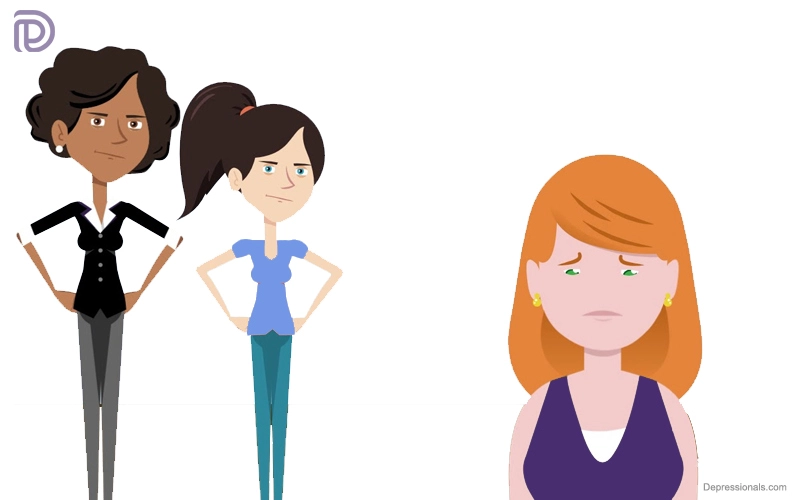
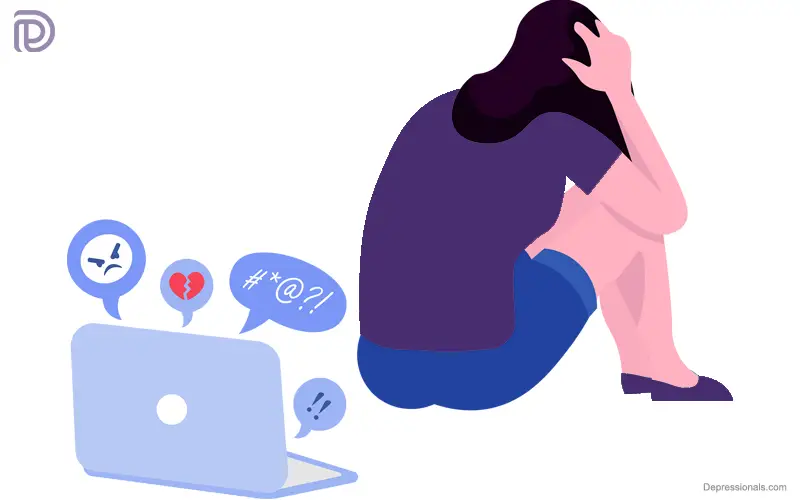

you might have an important weblog right here! would you like to make some invite posts on my blog?
The information you have provided is very useful to me.